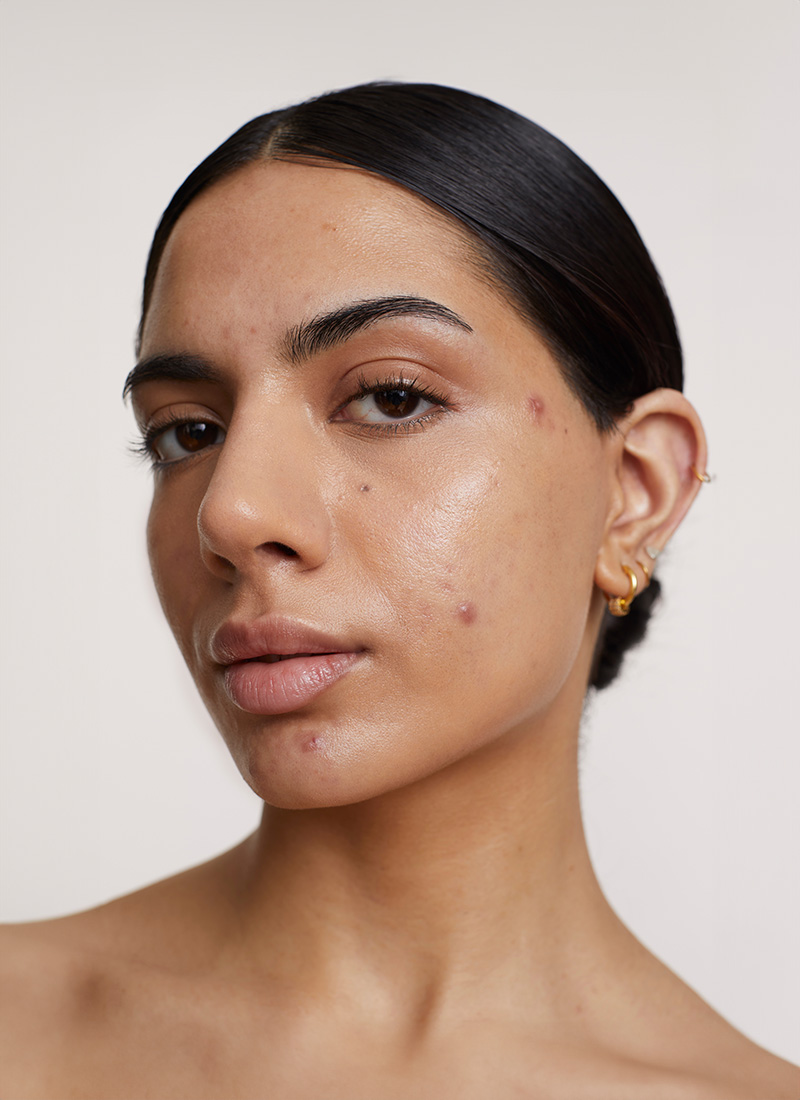
Problem Areas
What is Acne?
Causes of Acne
- Hormonal Changes: Fluctuations in hormones, especially during puberty, menstruation, pregnancy, or due to hormonal disorders, can increase oil production and lead to acne.
- Excess Oil Production: Overactive sebaceous glands produce too much oil, which can clog pores and lead to breakouts.
- Dead Skin Cells: When dead skin cells are not shed properly, they can mix with oil and block hair follicles.
- Bacteria: Propionibacterium acnes (P. acnes) bacteria that live on the skin can multiply rapidly in clogged pores, causing inflammation and acne.
- Diet: Certain foods, such as those high in sugar and dairy, may contribute to acne in some individuals.
- Stress: Stress can exacerbate acne by causing hormonal imbalances and increasing oil production.
- Medications: Some medications, like corticosteroids, androgens, and lithium, can trigger or worsen acne.
- Genetics: A family history of acne can increase the likelihood of developing the condition.
Potential Negative Outcomes If Left Untreated
- Scarring: Untreated acne can lead to permanent scarring and pitting of the skin, which can be difficult to treat later.
- Hyperpigmentation: Post-inflammatory hyperpigmentation can occur, leaving dark spots and uneven skin tone.
- Persistent Breakouts: Without proper treatment, acne can become chronic, with frequent and severe breakouts.
- Emotional Impact: Acne can significantly affect self-esteem and mental health, leading to anxiety, depression, and social withdrawal.
- Infection: In severe cases, cystic acne can lead to painful infections that require medical intervention.
- Spread of Acne: Picking or squeezing pimples can spread bacteria, leading to more breakouts and worsening the condition.
Best Treatments For Acne
Treating acne effectively is crucial for achieving clear, healthy skin and preventing long-term scarring. Addressing acne not only helps clear existing breakouts but also prevents new ones from forming, promoting a smoother and more even complexion. Effective acne treatment can significantly boost confidence and improve overall skin health by targeting the root causes of acne, such as excess oil production, bacteria, and clogged pores.
Effective treatment is essential to control and reduce acne, prevent long-term skin damage, and improve overall skin health. Early intervention can minimize scarring and hyperpigmentation, help maintain clear skin, and enhance self-confidence. A comprehensive acne treatment plan may include topical or oral medications, lifestyle changes, and professional skincare treatments tailored to the individual’s specific needs. Regular consultation with a dermatologist ensures that the acne is managed appropriately and any potential side effects are monitored.
- Antibiotics: Oral antibiotics like doxycycline or minocycline are used for moderate to severe acne to reduce bacteria and inflammation.
- Hormonal Treatments: Birth control pills and anti-androgens help regulate hormones that contribute to acne, especially in women.
- Isotretinoin: A powerful oral medication for severe acne that significantly reduces oil production and prevents clogged pores.
- Laser Resurfacing: Uses targeted laser light to reduce acne scars and improve skin texture.
- Blue Light Therapy: Kills acne-causing bacteria and reduces inflammation through the use of blue light.
- Salicylic Acid Peels: Help exfoliate the skin and unclog pores, reducing acne lesions and improving skin texture.
- Glycolic Acid Peels: Exfoliate the surface of the skin, promoting cell turnover and reducing acne marks.
Fractional Microneedling: Stimulates collagen production to improve skin texture and reduce acne scars.



